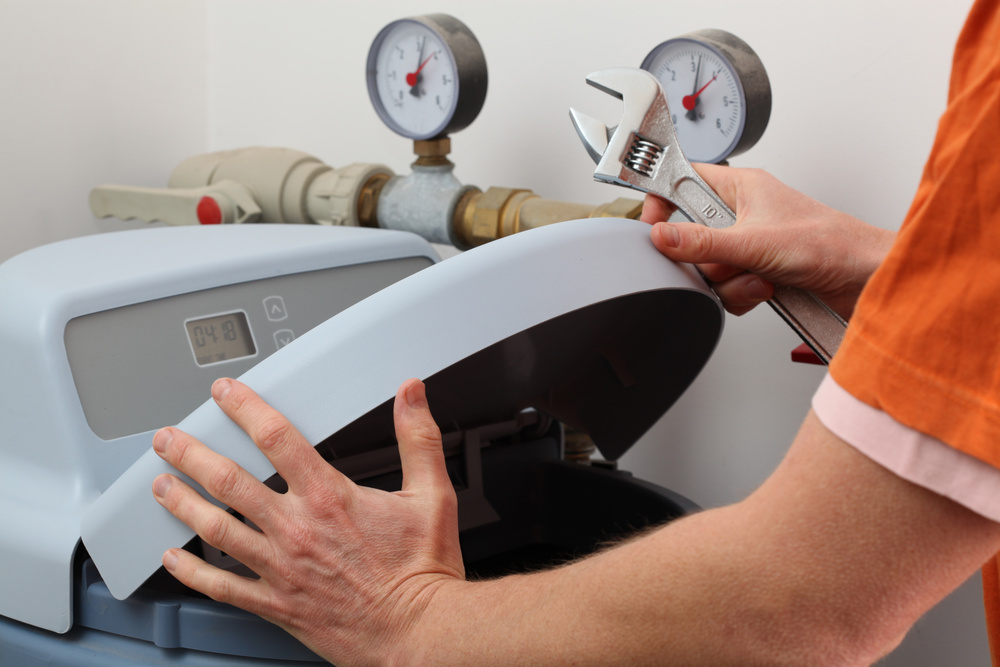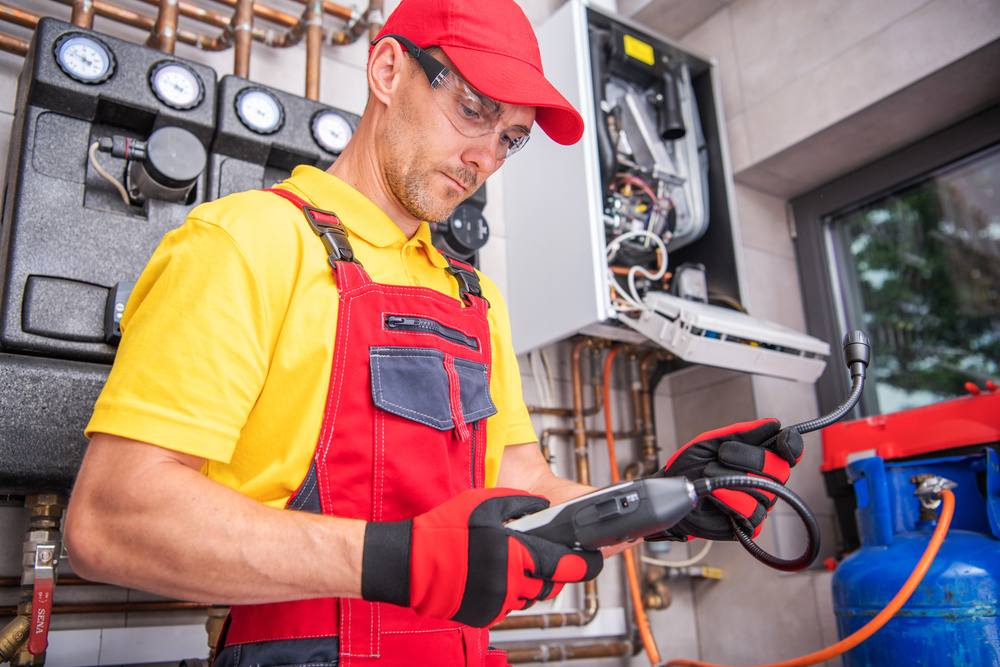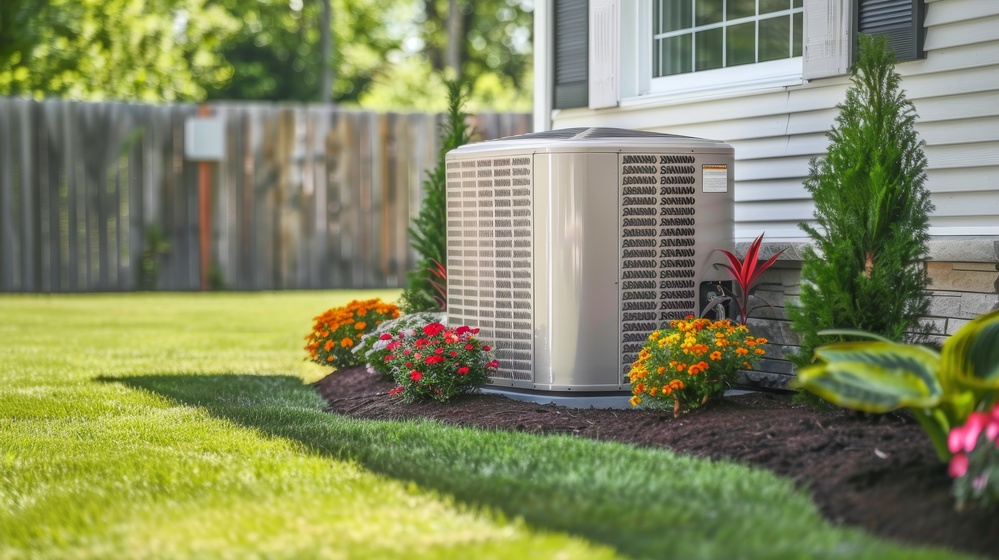Utah Water: Why It’s Hard and What You Can Do About It at Home

If you have lived in Utah for any length of time, you know that our water is incredibly hard. It’s among the hardest in the nation. And unfortunately, hard water doesn’t play nicely with plumbing. It’s also not ideal for the skin and hair. But Utah residents don’t have to just live with it. Hard water can be dealt with.
Why Our Water Is So Hard
Hard water is groundwater that contains excess volumes of minerals. The two most problematic are calcium and magnesium. Ideally, you want a certain volume of minerals in your water because they are actually good for your body. But you can always have too much of a good thing. Such is the case in Utah.
Our water is exceptionally hard because of a combination of our climate and geology. Most of our drinking water originates from mountain snow. As the snow melts in the spring, water runs down via the rivers and collects in underground reservoirs. As it does, it seeps through multiple layers of rock.
Water traveling through calcium-rich rock picks up calcium carbonate. Additional minerals in our soil attract more calcium and magnesium ions as the water slowly makes its way through the soil. The result is reservoir water with exceptionally high concentrations of minerals.
It’s believed that our water would not be as hard if Utah received more rainfall. Rainwater doesn’t travel as much because it seeps directly into the soil as soon as it falls. Regardless, our climate and geology creates a perfect storm for super hard water.
The Problems It Causes
You know what kinds of problems hard water causes if you’ve lived here for a while. One of the most notable is scale and mineral buildup. Hard water creates stubborn scale deposits in water heaters, pipes, appliances, and fixtures. The buildup ultimately leads to damage and subsequent plumbing repairs.
Hard water also:
- Increases both energy and water bills
- Stains sinks and tubs and encourages soap scum
- Encourages corrosion in pipes and connections
- Reduces appliance efficiency and increases the risk of damage
- Strips the skin and hair of essential oils, causing dryness and irritation
Hard water doesn’t even taste all that good. It’s not necessarily pleasant to drink, and it has a habit of ruining our favorite recipes. So what do we do about it?
Ways to Address Hard Water
The good news in all of this is that there are ways to address Utah’s exceptionally hard water. Our first recommendation is the best of all: installing a water softener. Your typical water softener relies on reverse osmosis or another process to remove calcium and magnesium and replace them with sodium and potassium.
If the water softener solution doesn’t work for you, there are other options:
- Installing a scale inhibitor or conditioner
- Using hard water detergents and cleaners
- Utilizing point-of-use filters with compatible fixtures
- Being diligent about regular maintenance (descaling, cleaning, etc.)
Scale inhibitors and water conditioners can do a decent job of preventing scaling and soap scum buildup. But they don’t actually remove the troublesome minerals. So corrosion will still be a problem.
As for the rest of the solutions, they are considered spot solutions designed to address a specific problem hard water causes. The only way to truly deal with hard water completely is to remove the hardness. And the only way to do that is with a water softener.
Ask Us About a Water Softener
Water in Utah is exceptionally hard. We get it. If you’re interested in learning more about installing a water softener, contact SameDay.




